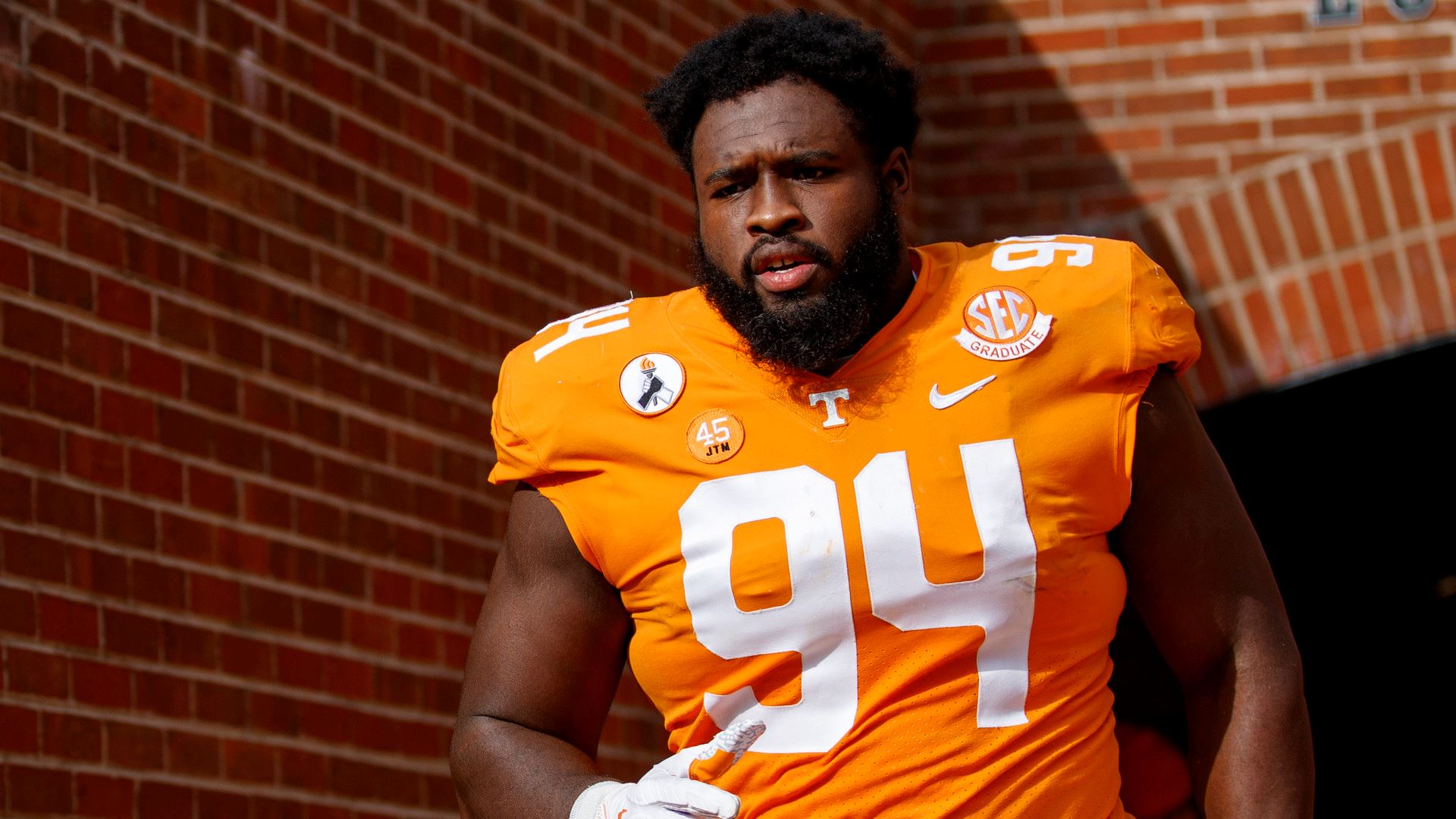I am not a subscriber to Pro Football Focus but I am intrigued.
Each weekend, a crowd of analysts review thousands of plays in great detail and grade most of the players from all 32 NFL teams and 102 college teams.
Most of the experts do not go blind. Blessings on those who invented high-def video and control devices with little arrows pointing forward and back.
The findings are very different from typical football statistics, far more complex than pass-completion percentages, rushing yards gained or tackles made. Data is supposedly comparable to or beyond what support staffers all across America produce for assistant coaches to make Monday adjustments and corrections.
Cris Collinsworth, Doug Dickey recruit to Florida, former Cincinnati Bengal and TV broadcasting survivor with 16 sports Emmy Awards, is the majority owner of the PFF company. He says football scouting opinions, gut instincts and what you thought you saw are no longer good enough. NFL outgoing millions are now based on facts.
Cris says fans are seriously engaged in the data arms race.
“Some just want to know more about their team. Others want to be the smartest person at the water cooler. Some want to dominate their fantasy league. Others are writing their own gambling algorithms.
“Regardless of why, there is no going back now. Data changed the game.”
Collinsworth says PFF evaluates every player’s “contribution to production” on every play. Did the quarterback make a great throw, but it was dropped? The quarterback would receive a plus grade for putting the ball in the correct spot. The receiver would get a minus for letting him down.
Analysts are looking at passing, rushing, receiving, pass blocking, run blocking, pass rushing, coverage, overcoming obstacles and tackling at all levels. Special teamers have their own scorecard for assorted specialties.
Some of this information applies to Josh Heupel’s Volunteers. It helps put the Pitt game into perspective.
Back in the summer, PPF said the Panthers were the most underrated team in the Atlantic Coast Conference. PFF said Pitt had the eighth best pass-rush unit in the country. It now says the Vols didn’t play very well last Saturday.
An elite player grade is 90-100. An all-conference-type player would grade 85-89. Starter quality is 70-84. Backups should be no lower than 60. Those below should be replaceable if a team has reasonable depth.
Vol defensive tackle Matthew Butler had the best grade, 90.9 for 63 plays. Defensive end Tyler Baron scored 76.2 on 47 plays. Defensive back Theo Jackson had a 72.9. Tight end Princeton Fant and defensive tackle Elijah Simmons came in at 72.3.
Linebacker Juwan Mitchell (69.1) just missed the acceptable level for starters. Five other Vols were in the high-to-mid 60s – corners Alontae Taylor and Warren Burrell, running back Jaylen Wright and defensive ends Ja’Quain Blakely and Caleb Tremblay.
Everybody else – everybody – was lower. Quarterbacks Joe Milton and Hendon Hooker had identical 53.7s. Milton was graded on 30 snaps, Hooker 44.
PFF says it is not swayed by player fame or NIL fortune. The level of ability has no impact on the grading system. Player hype is irrelevant. What the coach says may be political.
“Contribution to production” is the baseline for all.
If a running back breaks two tackles, gains four yards and moves the chains, he gets a higher grade than a runner who follows two blocks and gains four when the team needed five for a first down.
Some in the analytics community (which takes itself very seriously) have accused PFF of frequent inaccuracies. Opinions do, to some extent, factor in grading. Some argue that PFF has fuzzy sample sizes. Players must appear in at least 30 percent of team snaps to get a grade.
I say there is far more information available than I need to decide who won and lost but this stuff may prove very valuable in trying to figure out why.
Marvin West welcomes reader comments or questions. His address is marvinwest75@gmail.com

